We caught up with the brilliant and insightful Niayuku a few weeks ago and have shared our conversation below.
Niayuku, thanks for joining us, excited to have you contributing your stories and insights. We’d love to hear about when you first realized that you wanted to pursue a creative path professionally.
I’ve always loved music and dance—they’ve been constants in my life. I grew up taking classes in classical ballet, jazz, tap, and ballet folklórico. I also spent much of my childhood in a city bustling with music. Riding public transportation in Acapulco felt like being in a mini nightclub, with flashing lights and bass that made the seats and your heart rattle. It was actually on those buses, in 2nd grade, that I first started thinking about song choices and imagining what I would play if I had a sound system like that. It was the peak of 90s dance music, Crystal Waters, Faithless, La Bouche, and I just couldn’t wait to go to a club one day. At 15, I finally went to my first nightclub, El Alebrije in Acapulco — and from then on, I knew I wanted to be a DJ.
It took several years, along with a push from my partner and friends, to develop the skills and courage to pursue DJing. I slowly realized that music wasn’t just a hobby—it was a passion waiting to be embraced. With my background in dance, it was a natural progression to bring that energy to DJing. I started out playing at friends’ house parties, and in 2019, I had my first official paid DJ gig.
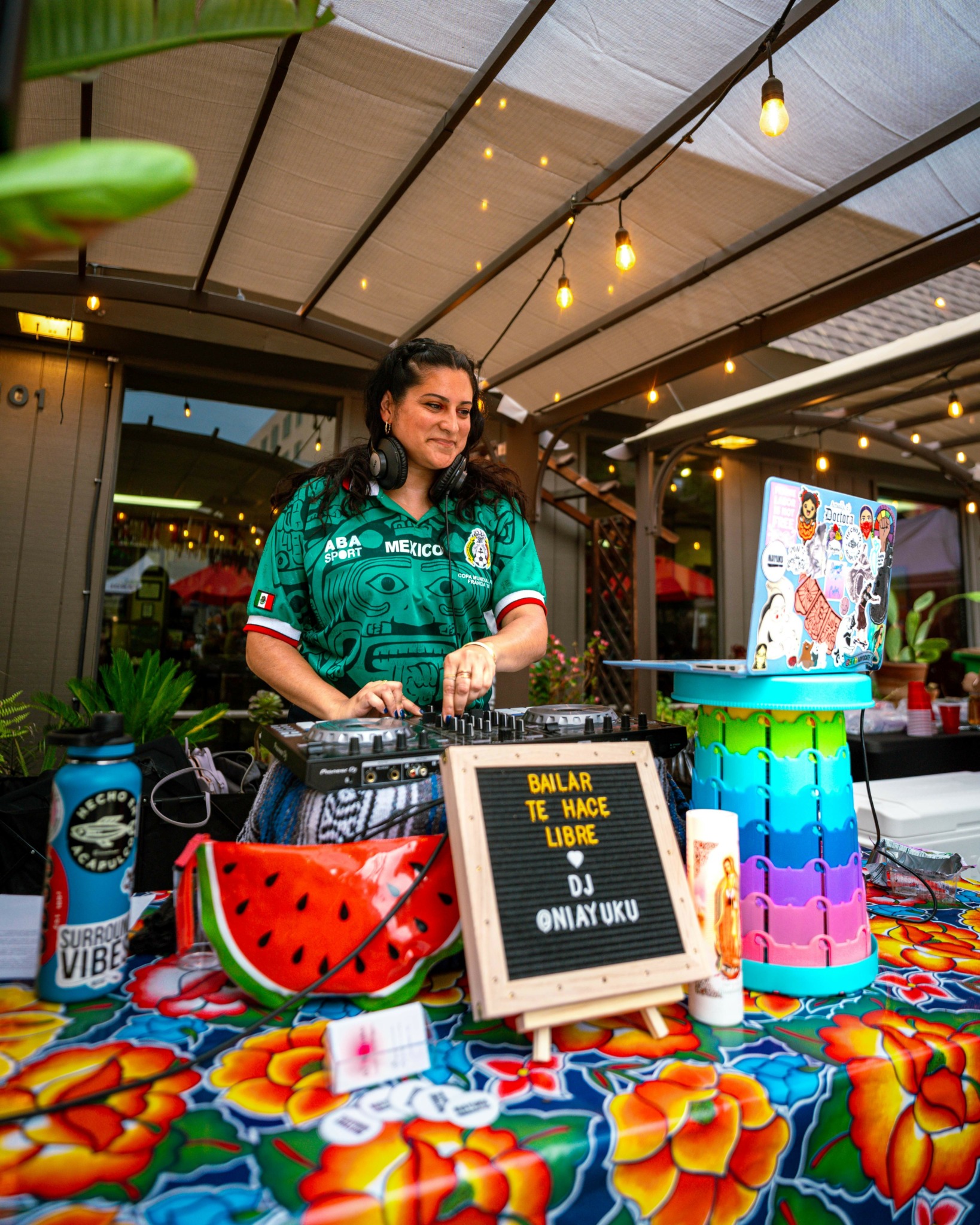
Niayuku, before we move on to more of these sorts of questions, can you take some time to bring our readers up to speed on you and what you do?
My DJ name is Niayuku. It means indomitable, untamable or wild woman in Tu’un Savi or Mixtec, an Indigenous language spoken in Southern Mexico and all over the diaspora. It was a nickname my Tu’un Savi teacher gave me years ago when I was learning the language.
As DJ Niayuku, I provide a musical experience that seeks to build community on the dance floor. My sets are a mix of Latin American and Caribbean rhythms that reflect my transnational upbringing between Acapulco, Guerrero, and California’s Central Valley. I offer DJ services for events, music festivals, parties, and community gatherings. I specialize in genres like cumbia, reggaeton, and rock and pop en español.
My approach to DJing isn’t just about playing tracks—it’s about creating an atmosphere where people can come together and feel a sense of connection on the dance floor, where the music transcends cultural and geographical boundaries. For me, it’s a reminder that music and dance have always been, and will continue to be, sources of joy, resistance, and collective liberation.
I’m most proud of taking the leap to become a DJ. While I’ve been a performer and dancer for a long time, my “day job” is in academia. I have a Ph.D. in Education and have been a college educator for almost a decade. Before that, I was a high school teacher and college counselor. Pursuing a PhD didn’t always leave room for creative, non-academic activities, but perhaps it was the rigidity of the academe that pushed me to seek creative outlets beyond its confines. I was also inspired and encouraged by those around me, especially other women DJs in San Diego.
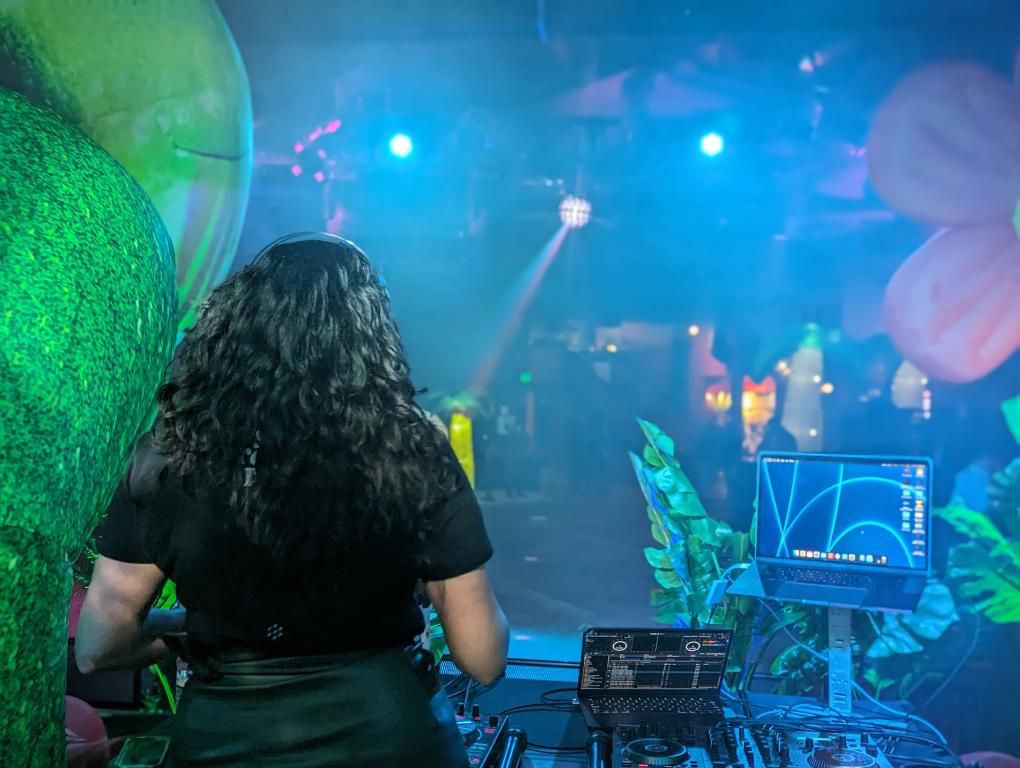
Is there a particular goal or mission driving your creative journey?
Absolutely! I feel a responsibility to cultivate safe spaces for joy and movement. It’s always heartwarming when other women and femmes compliment my music, especially older women who tell me how exciting it is to see a woman DJ—it warms my heart every time. As a dancer and avid club-goer myself, I’ve spent plenty of time on the other side of the DJ booth. So when I see people on the dancefloor, I truly understand and appreciate their energy.
Before becoming a DJ, my friends and I would organize dance nights at a popular club in downtown San Diego. It wasn’t about meeting someone or getting intoxicated; it was about spending time together and doing what we love—dancing! One thing that was always important to us was going in a group to protect each other from the not-so-great aspects of nightlife, like harassment, racism, and other challenges women, trans, femmes, and non-binary folks of color often face. For this reason, my goal is to create conscious and welcoming spaces where people can freely enjoy themselves without fear or oppression. I want everyone to have the time of their lives on the dancefloor.
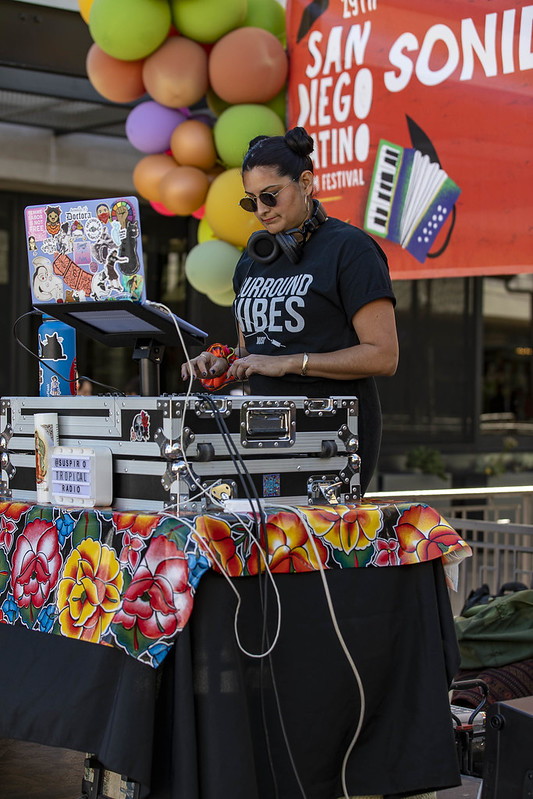
For you, what’s the most rewarding aspect of being a creative?
One of the most rewarding aspects has been curating the kinds of spaces my friends and I always dreamed of. I’m part of a DJ collective called Suspiro Tropical Radio and we host community and cultural events. For instance, during the COVID quarantine, I organized Sabroso Sin Acoso (Enjoyment Without Harassment), a virtual dance party where we raised funds for Casa Arcoiris, a nonprofit supporting LGBTQI+ migrants in Tijuana, Mexico.
I also partnered with Tight Lipped, a podcast and grassroots organization by and for people with chronic vulvovaginal and pelvic pain. Together, we launched an episode and a playlist called Suelta la Pelvis (Loosen Your Pelvis), celebrating twerk and perreo as healing practices for chronic pelvic pain. As someone with Interstitial Cystitis, it was meaningful to combine my personal experience with my creative pursuits, sparking critical conversations around stigmatized topics and how we find relief and release through movement.
Sharing my music in ways that foster joy, healing, and movement is incredibly fulfilling, and I’m excited to keep collaborating to create more of these spaces.
Contact Info:
- Website: https://kovatssanchez.weebly.com/dj.html
- Instagram: @niayuku
- Soundcloud: https://soundcloud.com/niayuku
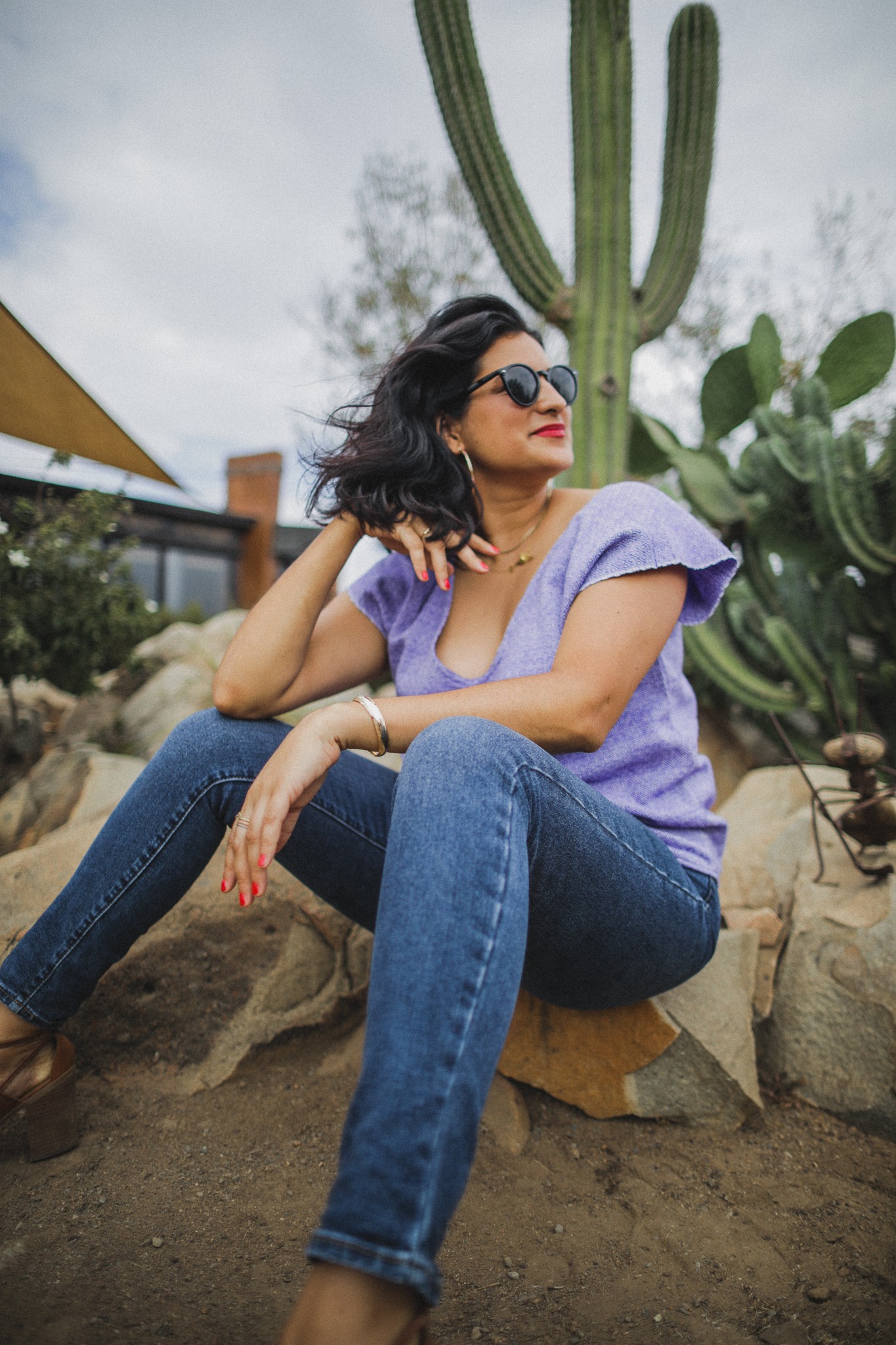
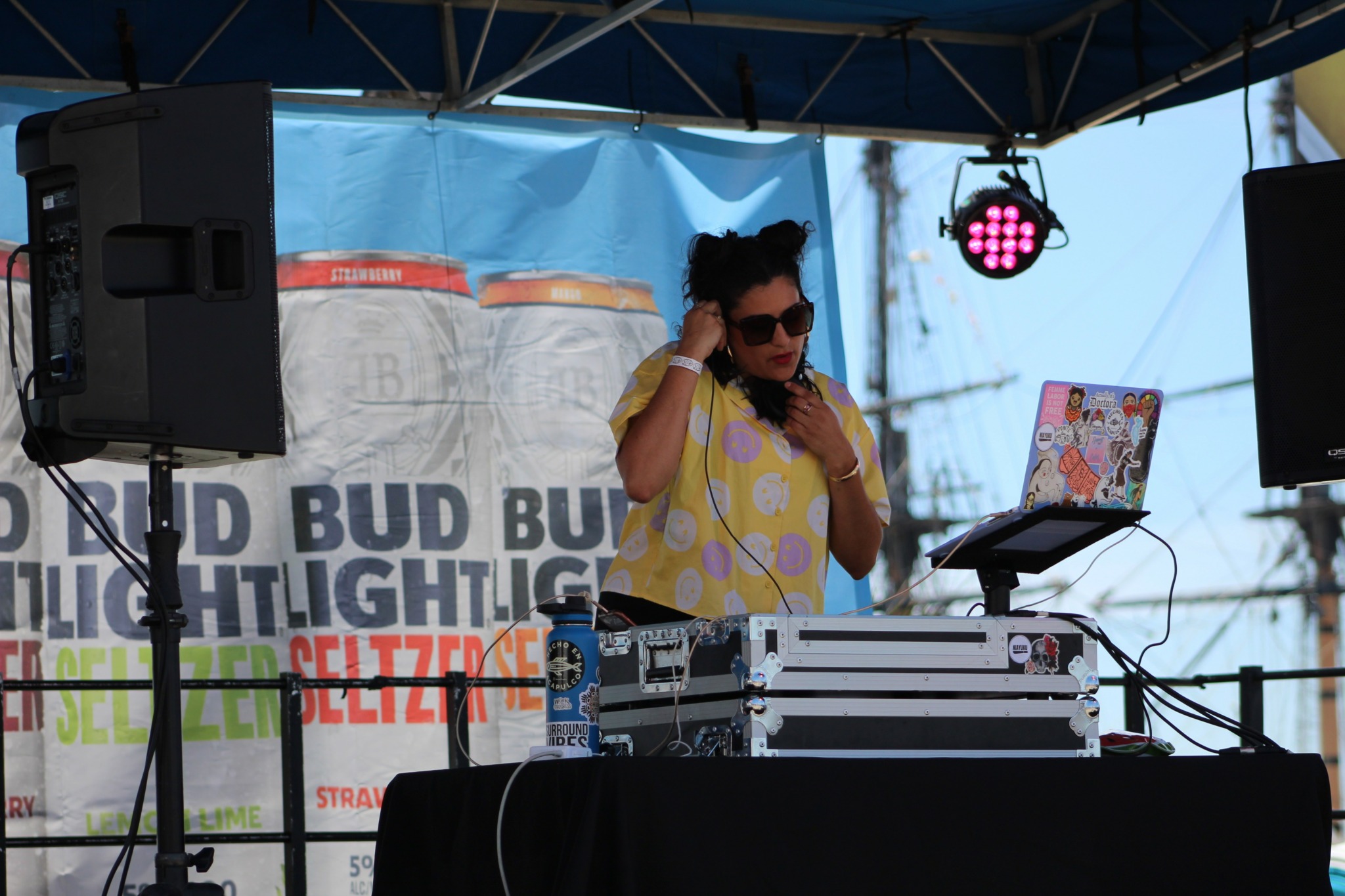
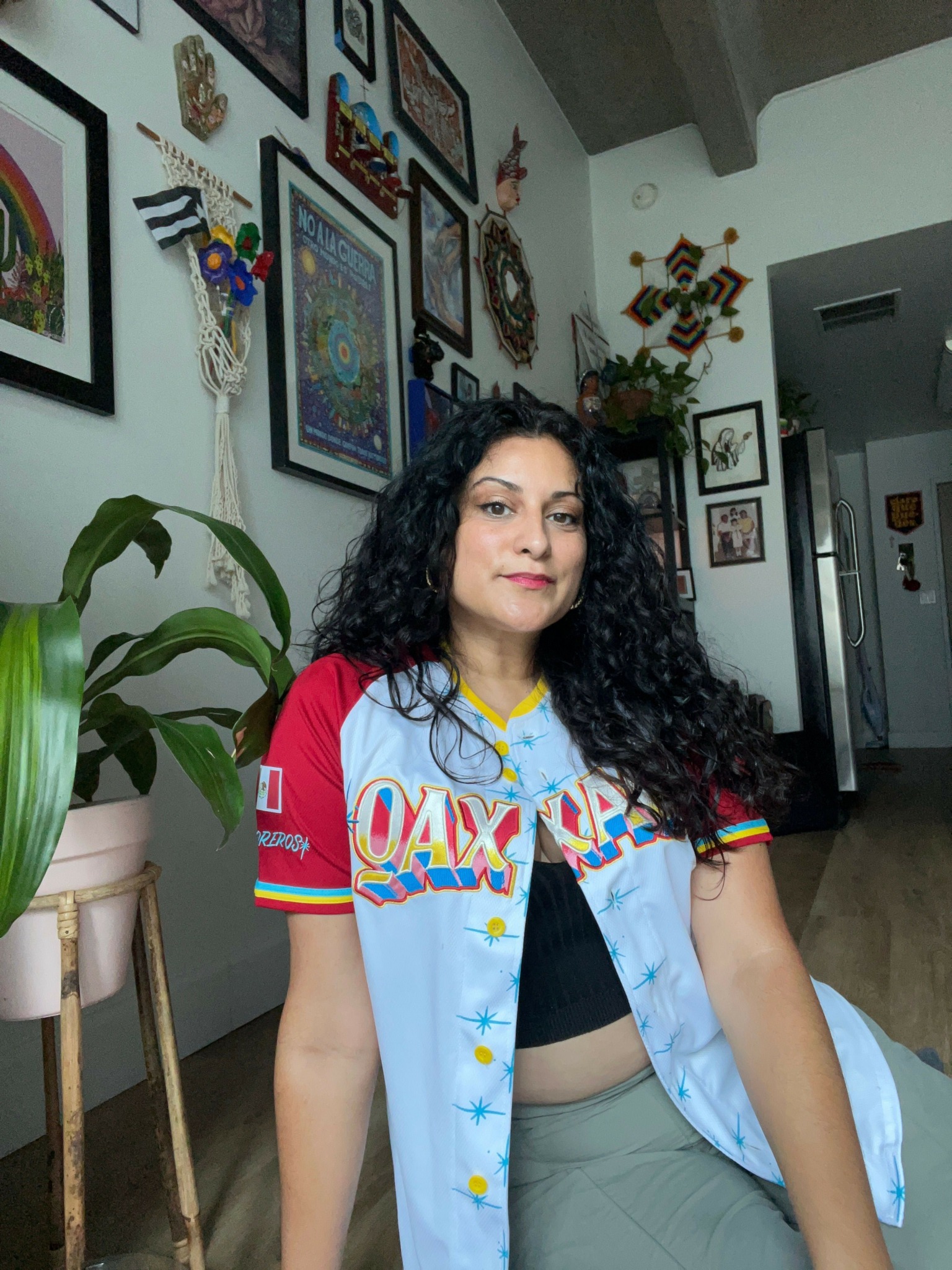
Image Credits
Personal photo by Victor Silva
Additional photos Niayuku 1 by Magdalena Ramírez; Niayuku 4 by Christian Murillo


